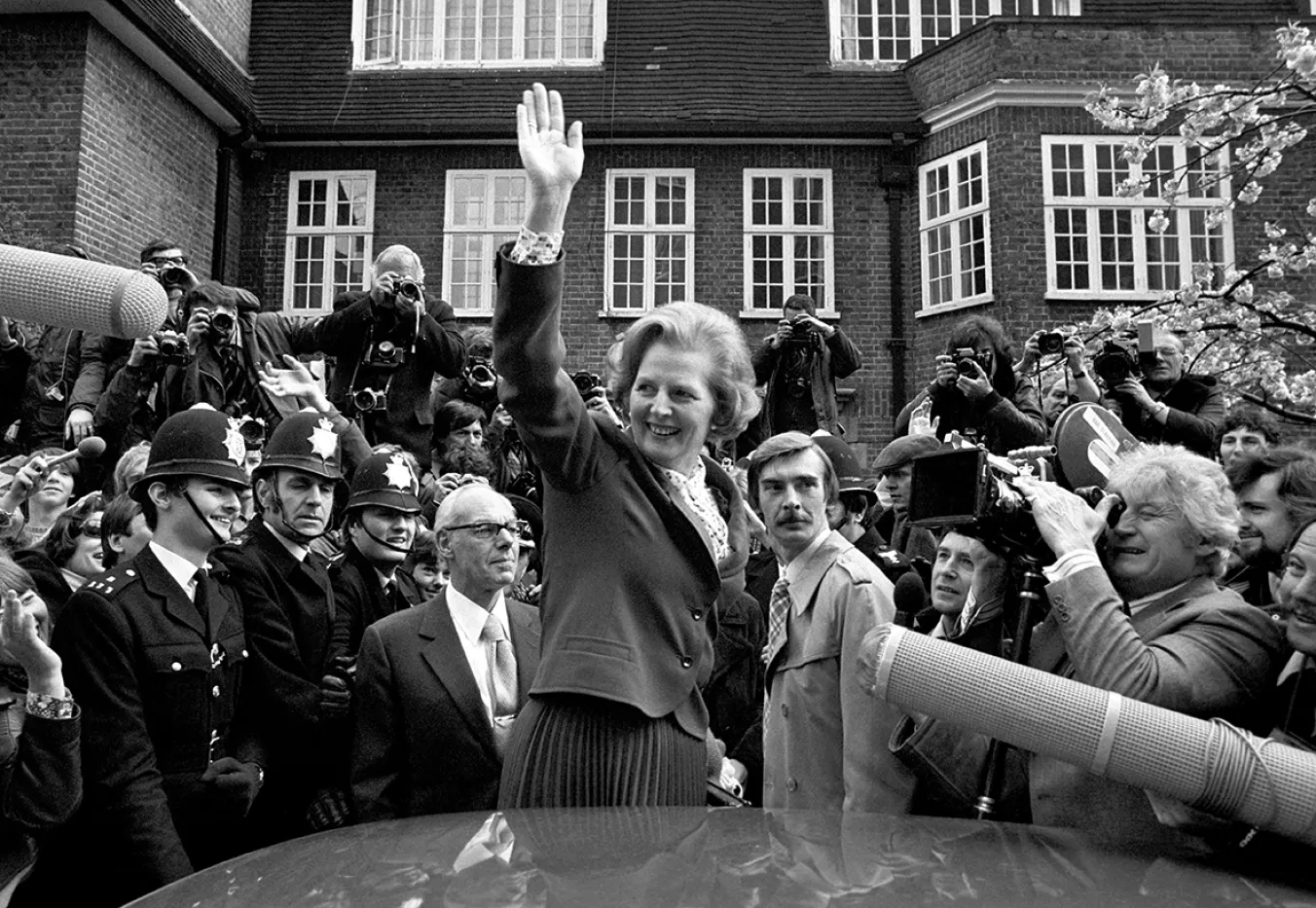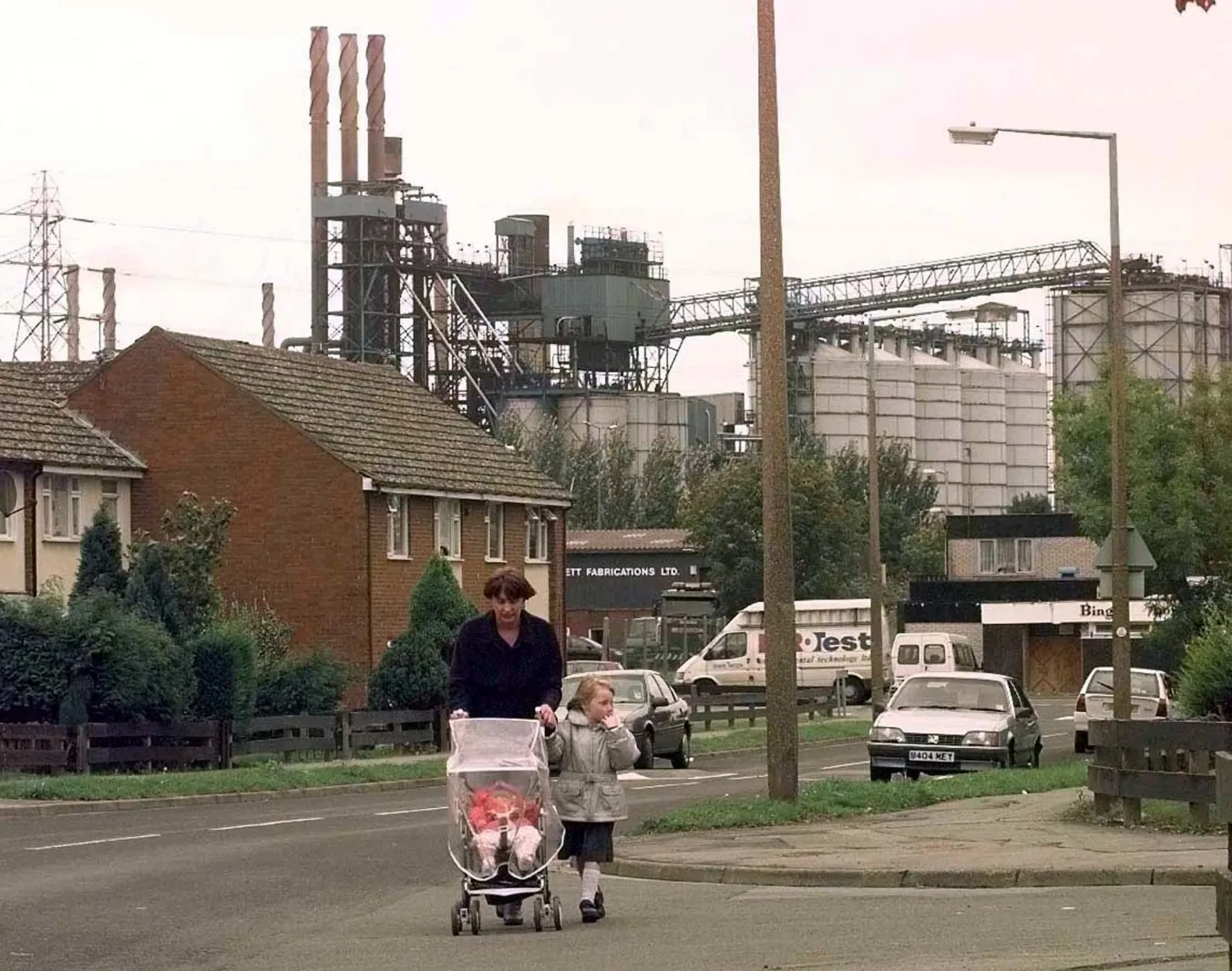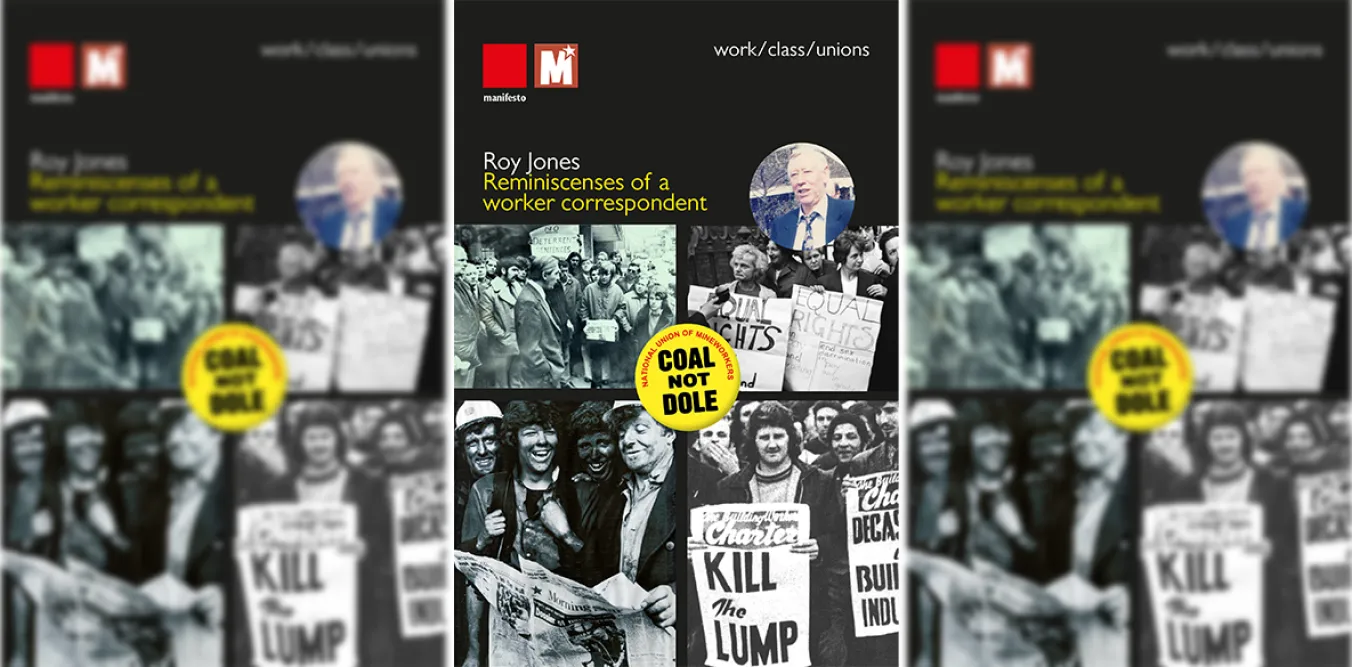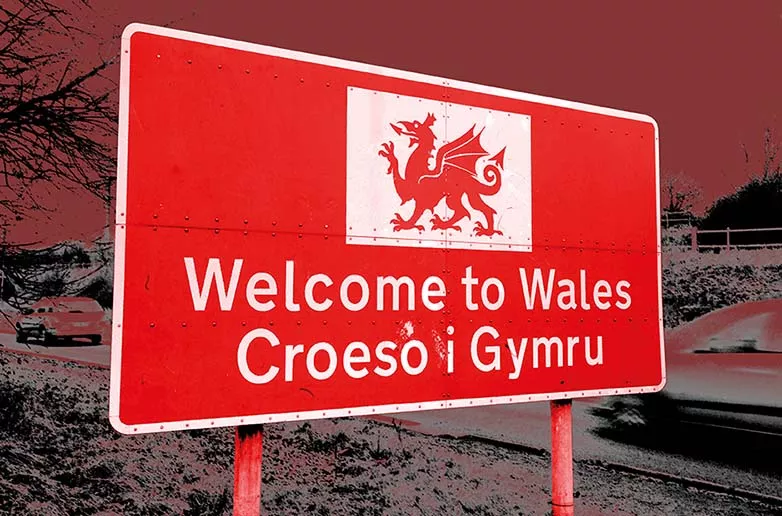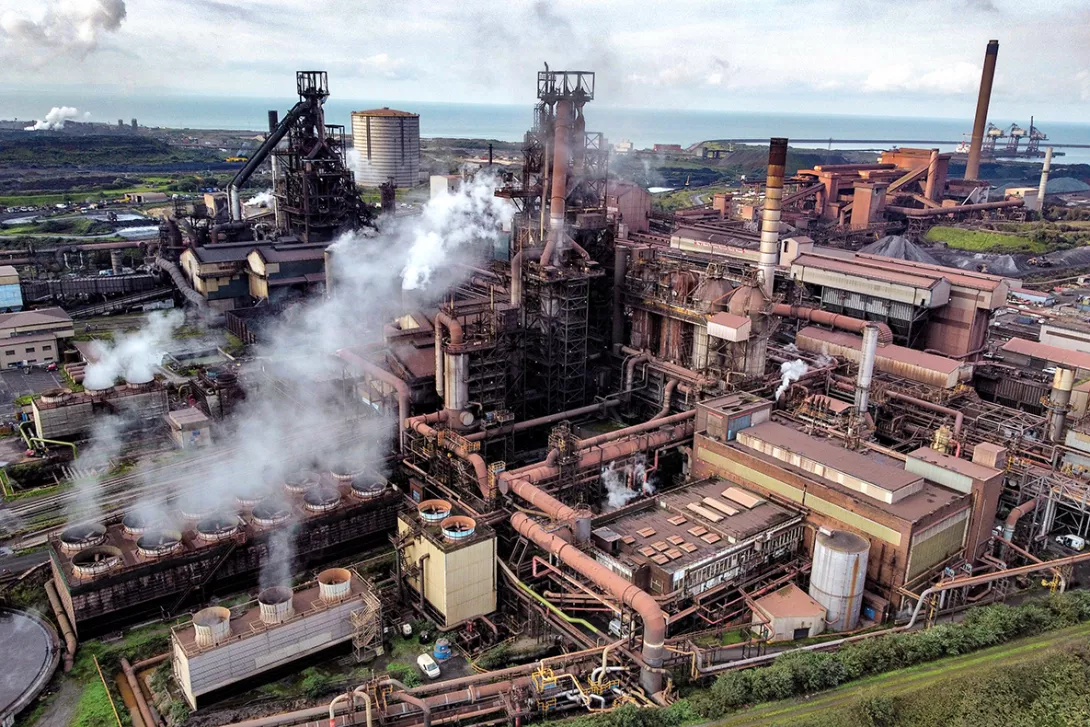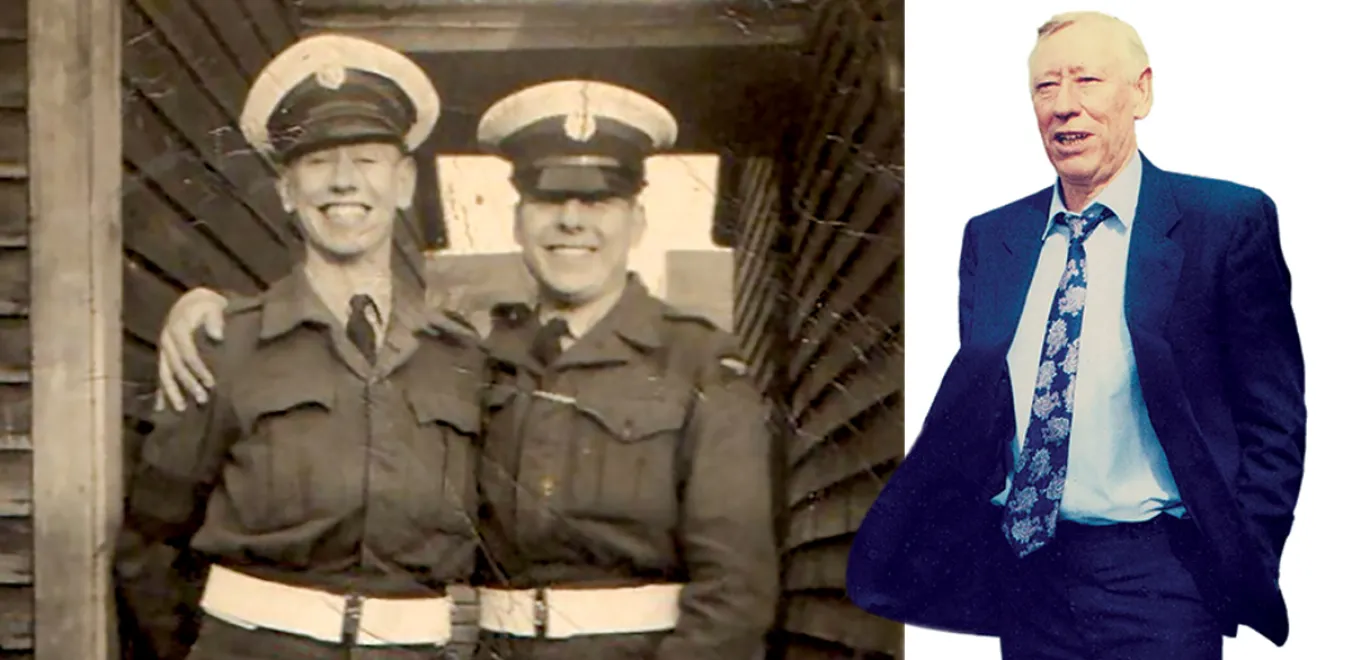
Brought up in the post-war decades on an Ellesmere Port council estate, Roy Jones saw national service as a military policeman. His life as a militant trade unionist in the construction industry prepared him to become a Morning Star industrial reporter of a special type — speaking the direct language of workers, familiar with their lives and struggles and trusted throughout the labour movement.
Written in his direct style and packed with incidental detail about his family, friends, comrades and family, peppered with sharp insights about the great class battles in which he participated both as a militant worker and as partisan journalist his reminiscences are both a recovery of experiences for workers of his generation and a window into the recent history of the working class for the new generations coming into class struggle.
Manifesto Press is proud to bring extracts from this valuable text to Morning Star readers along with a special discounted offer in advance of the book’s publication. Remember 30 per cent of the cover price goes direct to the Morning Star.
Life in the Royal Air Force
In 1949 I was a Royal Air Force policeman stationed in Llandwrog on the north Wales coast. This was a working station where, it was said, surplus poison gas bombs were coated in lanolin and thrown into the Irish Sea.
After 12 weeks’ basic training, the selection process meant choosing from groups A aircrew, B skilled mechanic or C catering, the RAF regiment or police. One choice had to be from group C and of these I chose the RAF police.
Training at RAF Pershore, Worcestershire, saw my most memorable moments which were firstly, the humiliation I suffered when “winning” a boxing silver medal and secondly going to the local pub one evening, drinking three and a half pints of the local scrumpy cider and falling violently sick, over a hedge and into a ditch.
